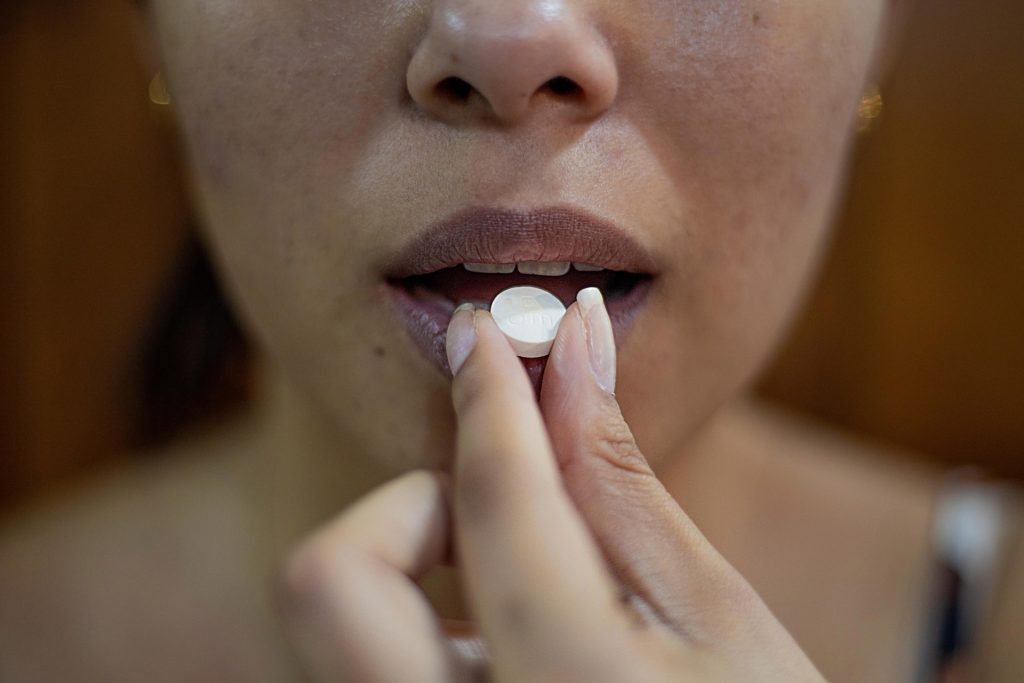
In a Phase 2b clinical trial, patients who took the peptide-based drug candidate JNJ-2113 had a 75% improvement in their plaque psoriasis compared to placebo, passing an important milestone in developing an oral treatment for the common skin disease. The drug is being developed by a company launched from The University of Queensland’s Institute for Molecular Bioscience (IMB) in collaboration with Janssen.
Protagonist Therapeutics was spun out of work by Associate Professor Mark Smythe to develop new drugs for conditions previously only treated with injectables. Dr Smythe said the trial result was a significant achievement for patients and the scientists involved.
“The trial has shown it’s possible to treat systemic diseases like psoriasis with peptide-based drugs that are orally delivered,” Dr Smythe said.
“Diseases such as psoriasis and inflammatory bowel disease have targets that previously could only be blocked by large molecules called macromolecular antibodies, which had to be injected because they’re too big to be taken in pills.
“The key to finding a molecule that worked but was small enough to be taken orally was seeing the animal venom research of my IMB colleagues.
“I realised that the constrained peptide molecules in venoms could both block the right targets and were small.”
Dr Smythe and his team developed techniques to stabilise the peptides enough so that they could be developed into an oral drug.
Protagonist was founded in 2001 with commercial support from UniQuest Pty Ltd, UQ’s commercialisation company.
Protagonist is based in the USA with an office in Brisbane and is one of 15 spin-out companies from IMB and one of 125 start-ups based on UQ intellectual property.
Source: The University of Queensland

